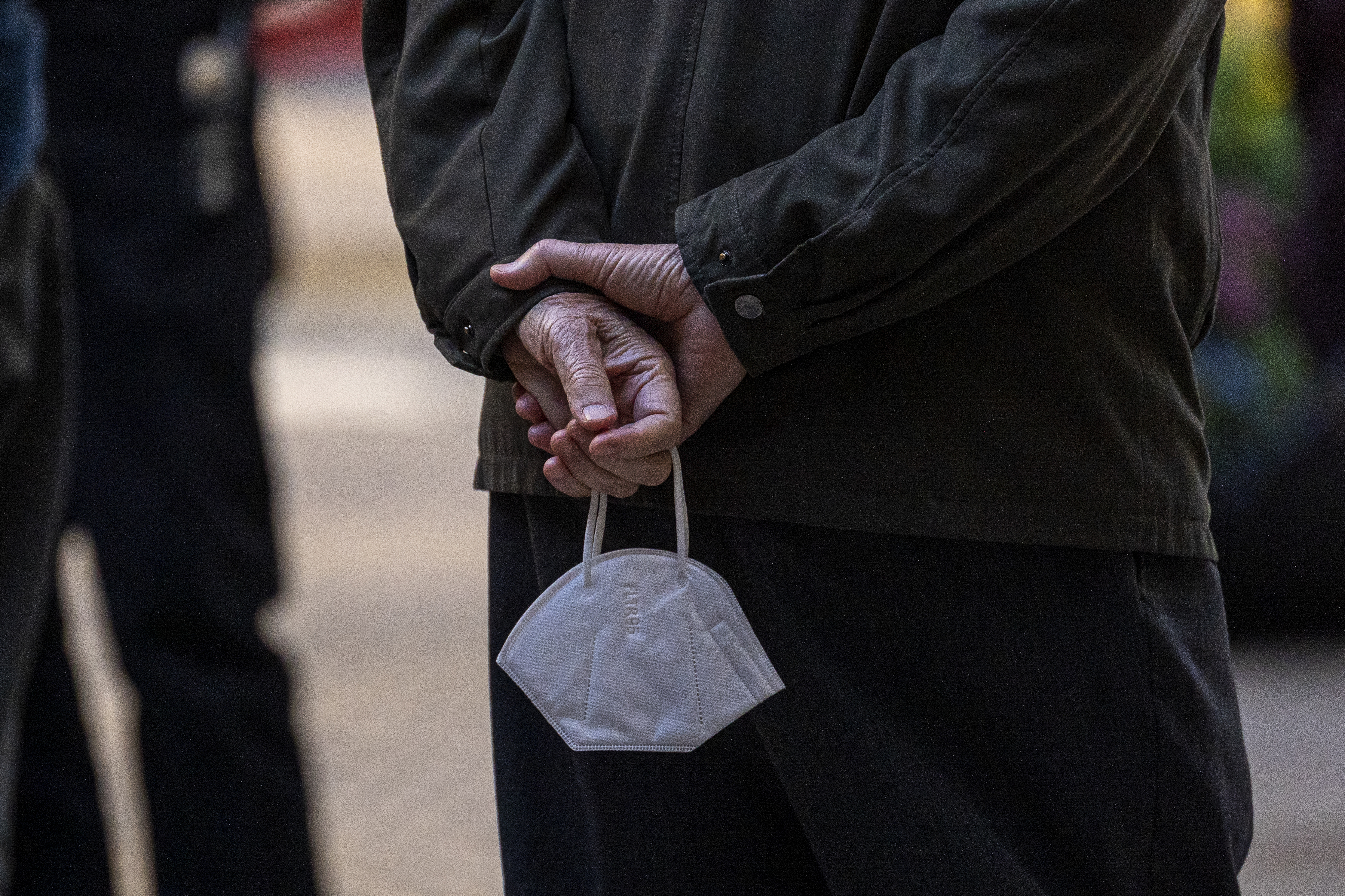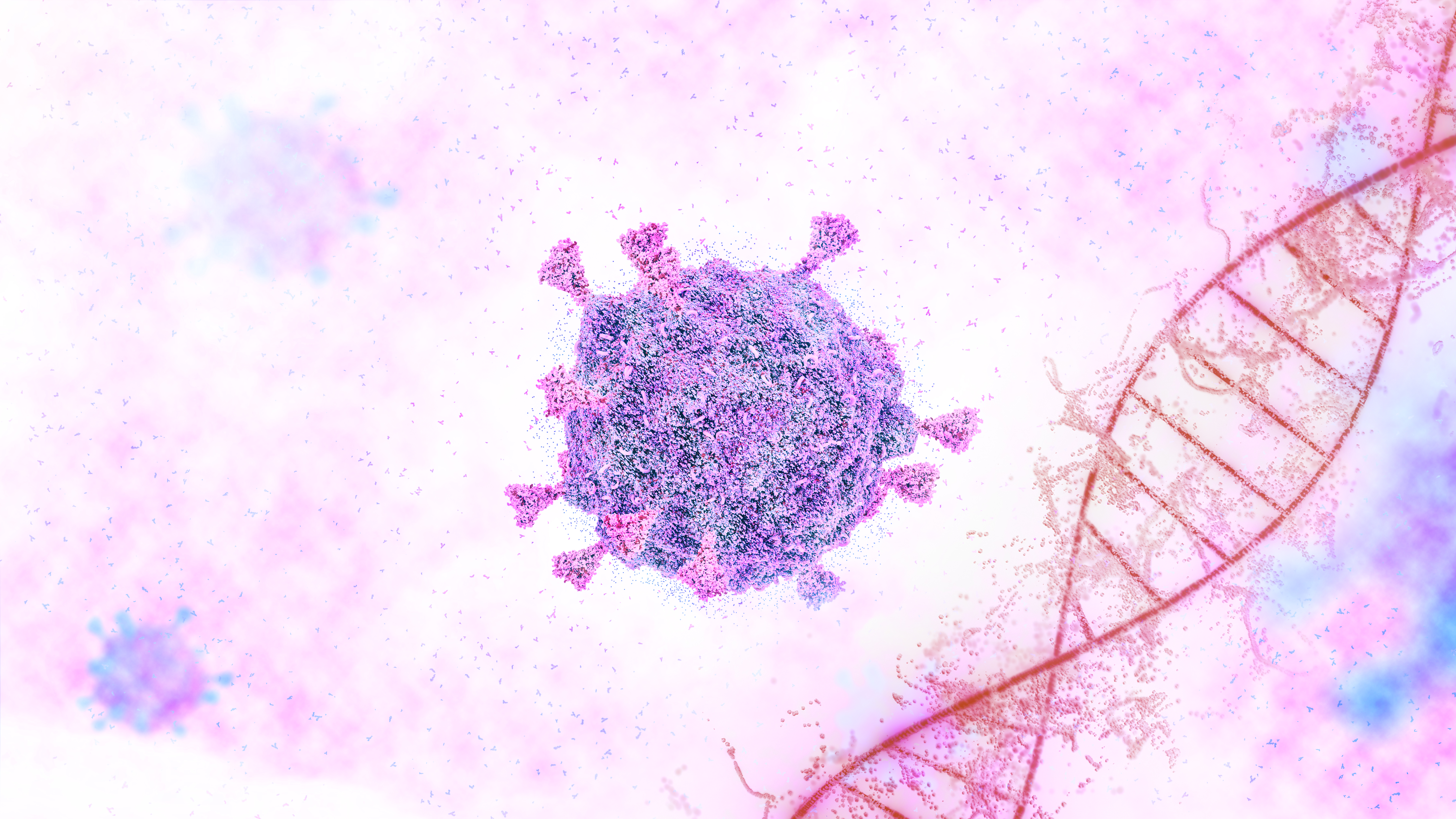Parts of New York City are now experiencing COVID-19 positivity rates in excess of 25%, as new case counts and transmission rates rise sharply in the face of a sixth wave of the pandemic.
Fueled by BA.5, the "worst version" of the omicron variant yet, the rolling citywide seven-day average of new cases is up 25% in the last two weeks, according to Health Department data; the citywide transmission rate is up by the same amount.
The latest city maps peg Long Island City at a seven-day positivity rate of 25.3%. Manhattan's Central Harlem has a rate of 20.9% and Yorkville stands at 20.1%. Some Queens and Bronx neighborhoods like Richmond Hill and Throgs Neck top 20% as well.
To be sure, things are still nowhere near as bad as the peak of the BA.1 omicron variant in January, or even the BA.2.12.1 variant in mid-May.
Get Tri-state area news and weather forecasts to your inbox. Sign up for NBC New York newsletters.
But some experts believe the BA.5 wave is just starting, and it's not clear how bad it could get - especially with some anecdotal evidence that BA.5 may be snaring people who'd managed to avoid COVID-19 previously.
COVID Reinfection
Of particular concern is reinfection. Australian authorities have reported evidence that people who had COVID-19 caused by a BA.2 variant now seem to be getting sick again just weeks later with the BA.4 or BA.5 variants.
Last month, researchers who analyzed millions of medical records from the Veterans Administration concluded that people reinfected with COVID a second, third or even fourth time were subsequently at higher risk of dying from any cause -- whether or not they'd been vaccinated.
"(We) show that reinfection adds risk of all-cause mortality and adverse health outcomes in both the acute phase and the post-acute phase of reinfection – suggesting that for people who already infected once, continued vigilance to reduce risk of reinfection may be important to reduce overall risk to one’s health," the authors wrote.



